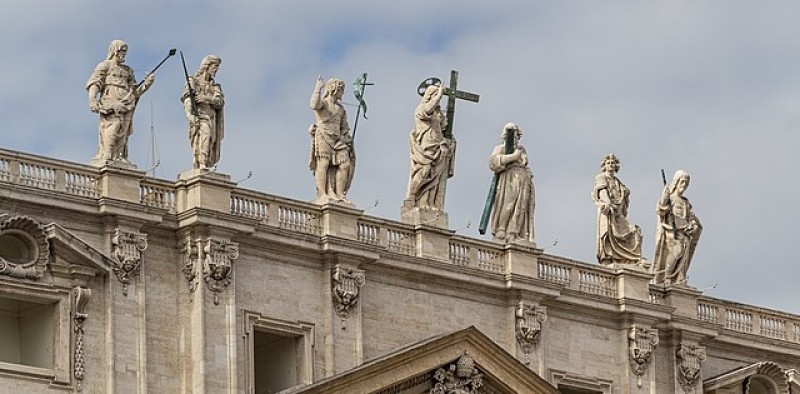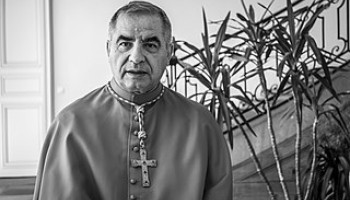Angelo Caloia, 81, led the Institute for Works of Religion (IOR) for two decades, ending in 2009. During that time he used his position to transfer properties owned by the Church to himself and his personal lawyer, Gabriele Liuzzo.
The decision ends Caloia’s long and highly publicized case, and cements his verdict of eight years in prison and a 12 million euro (US$12.162 million) fine.
“With this, the sentence closes an important chapter of a complex proceeding that began in 2014 and which has seen the court and the appellate court engaged in numerous hearings,” the court wrote. “It is now up to the Promoter's Office to execute the sentence, which has now become irrevocable against Professor Caloia and to recover part of the large sums confiscated abroad.”
Since the scandal came to light nearly a decade ago, the Holy See has worked to reform the institution, instituting a new external audit system to stop similar abuses from happening.
“The renewal of the Statutes of the IOR represents an important step in the process of adaptation to the highest international standards. More importantly, it signifies a renewed fidelity to the original mission of the Institute for the Works of Religion, also known as the Vatican Bank.” the Vatican’s state media published in 2019. “The renewed Statutes show a greater attention to guaranteeing management responsibilities, control, and supervision.”
“Members of the Commission of Cardinals and the Superintendence Board cannot be reappointed more than once. According to the previous regulations, the Director could remain in office indefinitely. As of now, they will have to retire at the age of 70, without the possibility of being reappointed,” the new rules stipulated.






